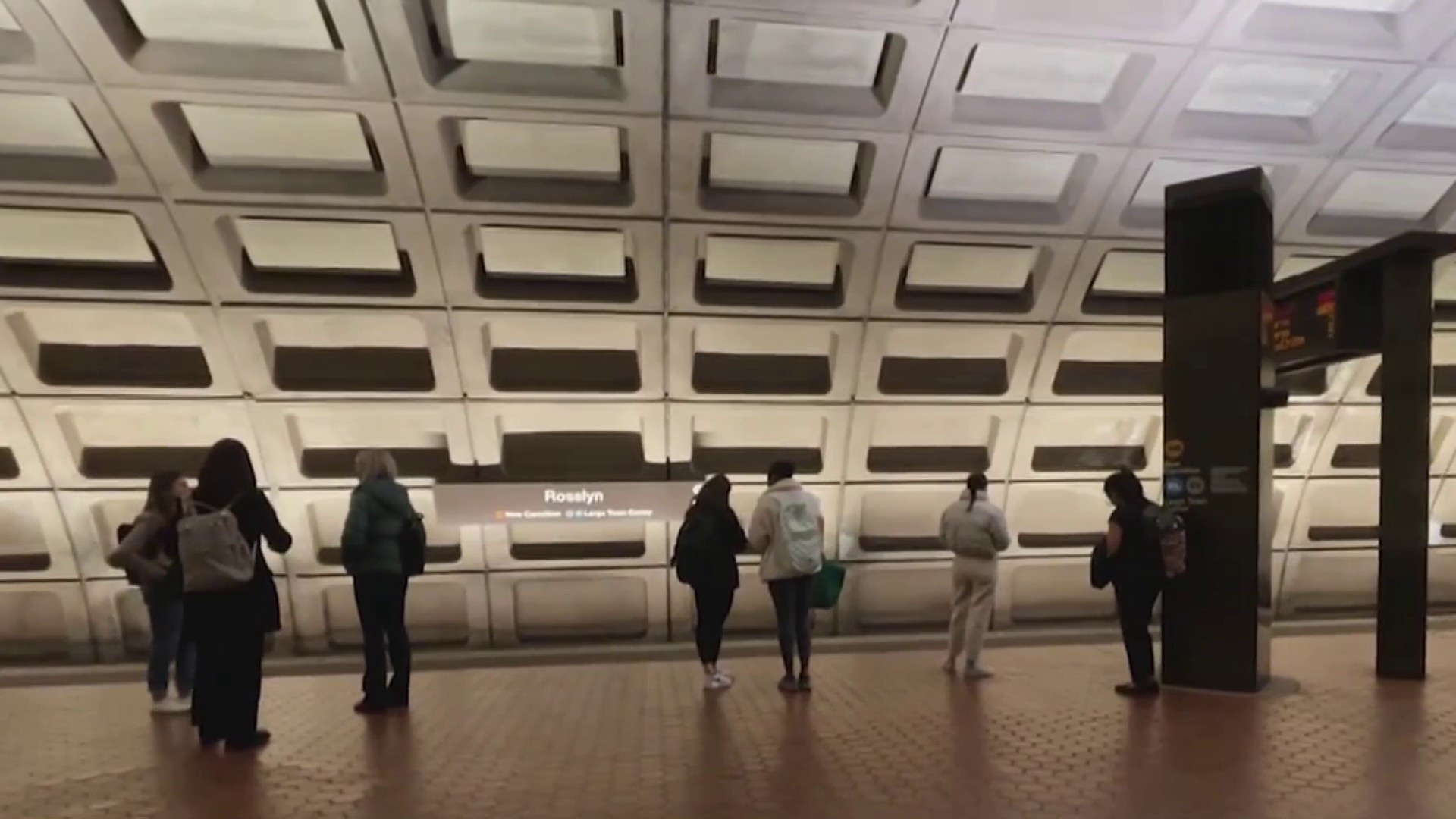Metro relies on the ridership of federal employees, and before the pandemic, that provided a lot of revenue for the system. But as remote work continues, the transit agency needs to make up for the lost fares.
The U.S. Office of Management and Budget briefed the Metropolitan Washington Council of Governments Wednesday that remote work is staying.
“Every agency is on that kind of that 50-50 path, or that balanced path, I would say, that they have either implemented or are in the process of implementing,” OMB Associate Director Loren DeJonge Schulman said.
Before the pandemic, just 22% of federal workers participated in telework.
Metro General Manager Randy Clarke says the change has impacted the transit system.
“Do I wish ridership was back to pre-pandemic? Yeah,” Clarke said. “If I could snap my fingers, I’d have that tomorrow.”
A fare hike of about 25 cents per trip is necessary to help close a budget gap this year, Metro says.
Transportation
Reporter Adam Tuss and the News4 team are covering you down on the roads and in transit.
Clarke made it clear some sort of regional funding solution like a sales tax or gas tax that goes to Metro will be needed. If not, Metro likely will have to ask local jurisdictions for money every year.
“I’ll say it this way: If we don’t end up with a dedicated source of funding, we’re going to continue this process that everyone dislikes,” Clarke said.
Metro posted its budget projection for this year online and is encouraging the public to comment.
News4 sends breaking news stories by email. Go here to sign up to get breaking news alerts in your inbox.



